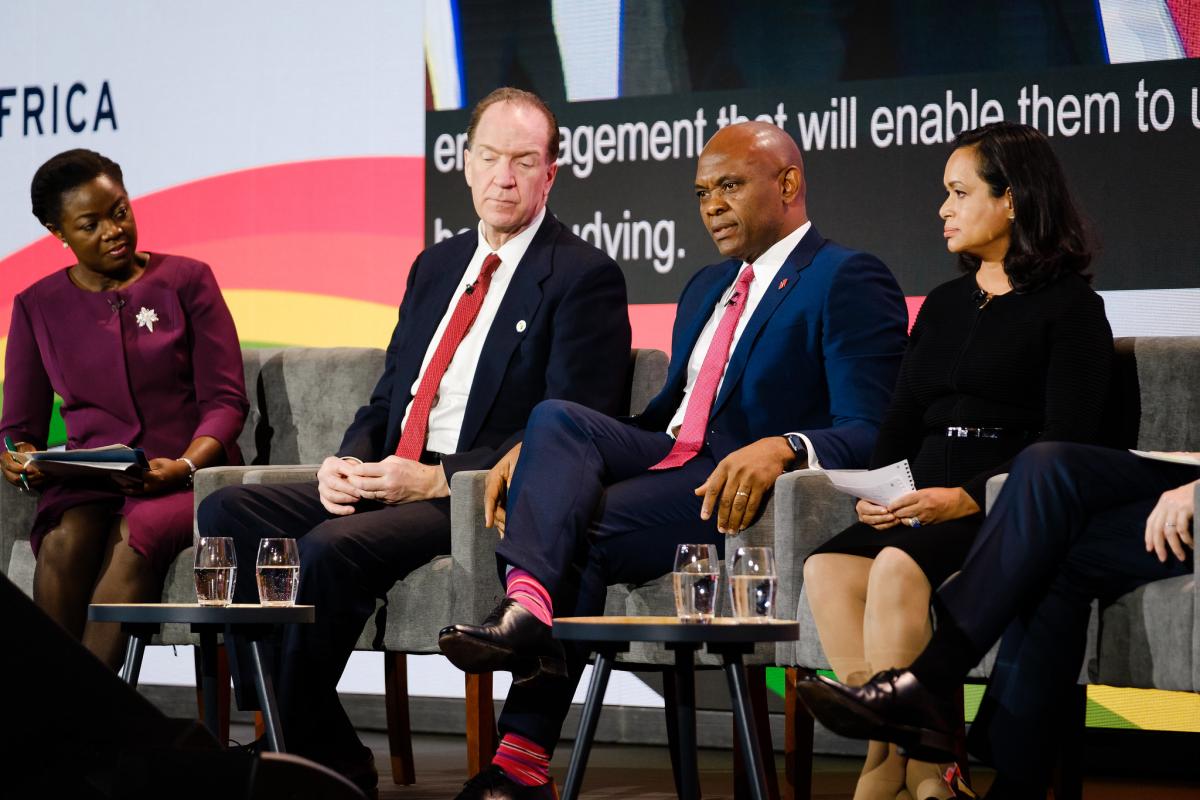There are no products in your shopping cart.
| 0 Items | £0.00 |


NIGERIA suffered a 65% drop in foreign direct investment (FDI) during the second quarter of 2024 with revenue falling to a mere $29.83m making it the lowest quarterly figure ever recorded since records began in 2013.
According to data just published by the National Bureau of Statistics (NBS), FDI dropped by 65.33% during the quarter compared with the $86.03m recorded during the same period last year. It also dropped by 74.97% from the $119.18m reported in the preceding first quarter of 2024.
Economists have blamed the significant drop on the naira devaluation and the unstable foreign exchange market, as the naira lost about 40% of its value in the first six months of 2024. Data from the NBS shows that Nigeria’s FDI includes equity and other capital and most of the FDI in the second quarter of 2024 came from equity investments, totalling about $29.82m.
This represents a sharp decrease of 74.98% compared with $119.17m in the first quarter of 2024. On a year-on-year basis, equity investment declined by 65.33% from $86.02m in the second quarter of 2023.
The other component of FDI, classified as other capital, recorded a minimal inflow of $0.0085m in the second quarter of 2024, which is down by 33.33% from $0.01275m in both the first quarter of 2024 and the second quarter of 2023. Although this category traditionally accounts for a very small fraction of FDI, the decline indicates a further reduction in this already limited source of capital.
Despite the recent claim by President Bola Tinubu that his administration has successfully attracted $30bn in FDI commitments, this decline highlights the challenges Nigeria faces in attracting long-term investment amid a challenging global economic environment. Nationally, FDI made up only about 1.15% of the total capital importation of $2.60bn recorded in the quarter under review.
Only Lagos, Ekiti and Abuja recorded inflows of foreign capital in the second quarter of 2024. On a geographic basis, Lagos State maintained its position as the leading destination for capital importation, attracting $1.37bn, or 52.52% of total inflows into Nigeria.
Lagos remains the commercial hub of Nigeria, offering a strategic entry point for foreign investors due to its robust infrastructure and dynamic business environment. Abuja followed closely, receiving $1.24bn, which accounted for 47.48% of the total.